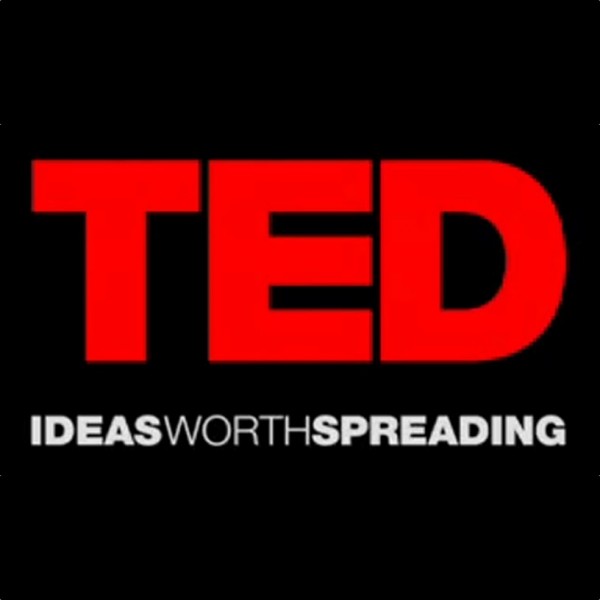
TED Science
TED: Riveting talks by remarkable people, free to the world. The annual TED conferences, in Long Beach/Palm Springs and Edinburgh, bring together the world's most fascinating thinkers and doers, who are challenged to give the talk of their lives (in 18 minutes or less). This section contains talks generally related to science.